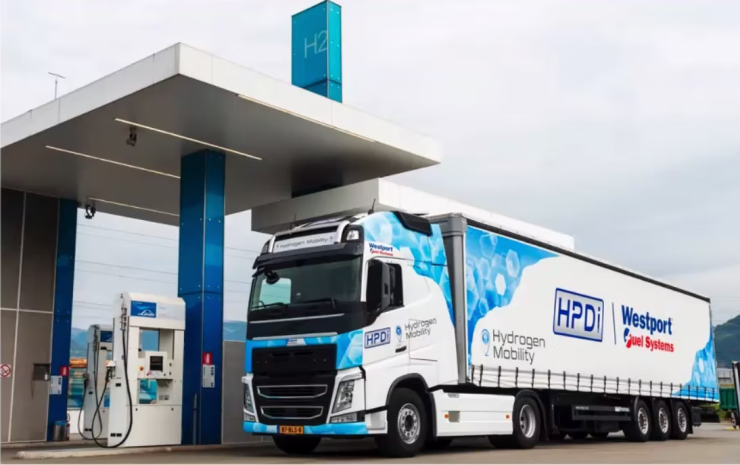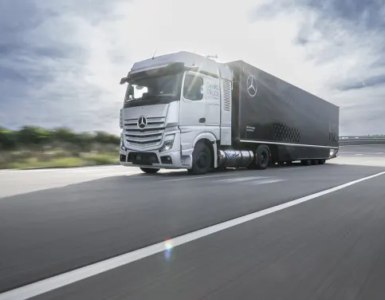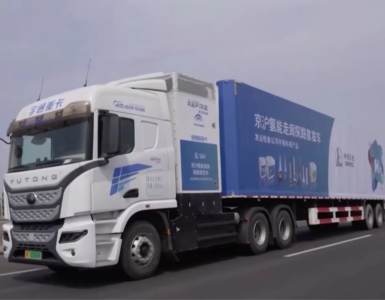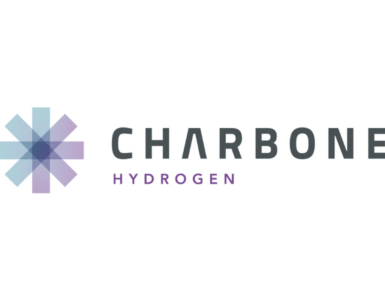Westport and Johnson Matthey collaborate to develop emissions aftertreatment system for the hydrogen H₂ HPDI™ fuel system.
Westport Fuel Systems Inc. (“Westport” or the “Company”) (TSX: WPRT / Nasdaq: WPRT), a global leader in low-emissions alternative fuel transportation technologies, announced their collaboration with Johnson Matthey, a global leader in sustainable technologies, to develop an emissions aftertreatment system tailored to Westport’s proprietary H2 HPDI™ hydrogen fuel system, with the goal of reducing or eliminating emissions.
The agreement focuses on combining Johnson Matthey’s technologies and products with Westport’s H2 HPDI fuel system to create the lowest possible vehicle tailpipe emissions. In collaboration with Johnson Matthey, Westport will test and develop the Johnson Matthey prototype system at the company’s engineering center in Vancouver, Canada.
David M. Johnson, chief executive officer of Westport Fuel Systems, said:
🔥 What about we co-host a webinar? Let's educate, captivate, and convert the hydrogen economy!
Hydrogen Central is the global go-to online magazine for the hydrogen economy, we can help you host impactful webinars that become a global reference on your topic and are an evergreen source of leads. Click here to request more details
This joint effort is a natural fit as we are both working toward zero emissions solutions for affordable and cleaner transportation that do not compromise performance or efficiency.
“We are pleased to be partnering with Johnson Matthey, driving cleaner performance together, by optimizing our H2 HPDI fuel system running on zero-carbon hydrogen for heavy-duty transportation.”
Westport is committed to realizing an affordable and viable pathway to minimize emissions through its decades-long record of innovation, specialized engineering, and market-ready products.
Hydrogen internal combustion engines (ICE) can potentially expand the technology options available to achieve a more sustainable transportation future, complementing Johnson Matthey’s capabilities in hydrogen fuel cells.
For commercial vehicles, where the pathway to fuel-cell and battery electric-based powertrains is earlier in its development, hydrogen ICE will be an important complement to these technologies, especially in heavier duty and higher horsepower applications. Additionally, hydrogen ICE will be capable of meeting challenging criteria pollutant and CO2 standards.
Andy Walker, technology market insights director at Johnson Matthey, said:
Heavy-duty transportation is crucial for the movement of goods so it’s important we’re able to do this as sustainably as possible.
“As a leading manufacturer of emissions controls systems for the last 50 years, we’re excited to be combining our expertise with Westport to make commercial transportation clean and fit for the future.”
About Westport Fuel Systems
At Westport Fuel Systems, we are driving innovation to power a cleaner tomorrow. We are a leading supplier of advanced fuel delivery components and systems for clean, low-carbon fuels such as natural gas, renewable natural gas, propane, and hydrogen to the global transportation industry.
Our technology delivers the performance and fuel efficiency required by transportation applications and the environmental benefits that address climate change and urban air quality challenges.
Headquartered in Vancouver, Canada, with operations in Europe, Asia, North America, and South America, we serve our customers in more than 70 countries with leading global transportation brands. At Westport Fuel Systems, we think ahead. For more information, visit www.wfsinc.com.
About Johnson Matthey
Johnson Matthey is a global leader in sustainable technologies, catalysing the net zero transition. With over 200 years of sustained commitment to innovation and technological breakthroughs, we improve the performance, function and safety of our customers’ products.
Our science has a global impact in areas such as low emission transport, energy, chemical processing and making the most efficient use of the planet’s natural resources. Today, about 13,000 Johnson Matthey professionals collaborate with our network of customers and partners to make a real difference to the world around us. For more information, visit www.matthey.com.
READ the latest news shaping the hydrogen market at Hydrogen Central
Westport and Johnson Matthey Collaborate to Develop Emissions Aftertreatment System for the H₂ HPDI™ Fuel System, VANCOUVER, British Columbia, December 13, 2022








